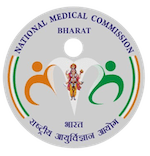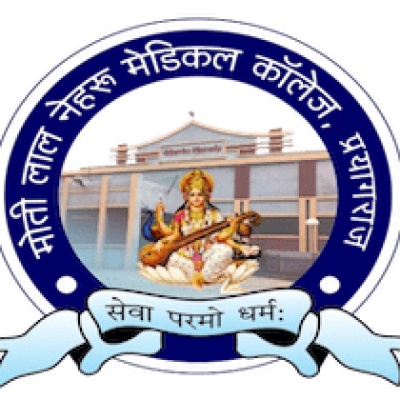DM (Doctorate in Medicine)
DM (Doctorate in Medicine)
A Doctorate in Medicine (DM) is a specialized postgraduate medical degree that focuses on advanced training in a particular medical field. The DM program is typically pursued after completing an MD or MS and often involves a combination of in-depth clinical training, research, and academic work.
- Introduction to the DM Program
– Program Overview: Objectives, scope, and structure of the DM program.
– Specialization: Detailed focus on the chosen specialty (e.g., cardiology, nephrology, endocrinology).
- Advanced Clinical Training
– Specialty Training: Comprehensive clinical training in the chosen field, including diagnosis, treatment, and management of complex cases.
– Clinical Rotations: Hands-on experience in various sub-specialties related to the main field.
– Patient Management: Advanced techniques in patient care, including emergency situations and complex cases.
- Research and Academia
– Research Methodology: Advanced research techniques, study design, data analysis, and interpretation.
– Dissertation/Thesis: Conducting original research and writing a dissertation on a topic relevant to the specialty.
– Evidence-Based Medicine: Applying research findings to clinical practice and evaluating new treatments and technologies.
- Specialized Topics
– Advanced Knowledge: In-depth study of topics specific to the chosen specialty. For example:
– Cardiology: Advanced electrophysiology, interventional cardiology, heart failure management.
– Nephrology: Dialysis, kidney transplantation, glomerular diseases.
– Oncology: Tumor biology, advanced chemotherapy, and targeted therapies.
– Emerging Trends: Current advancements and future directions in the specialty, including new technologies and treatments.
– Educational Skills: Training in teaching medical students, residents, and peers.
– Mentorship: Providing guidance and support to junior doctors and medical trainees.
- Ethics and Professionalism
– Medical Ethics: Advanced principles of medical ethics and their application in complex cases.
– Professionalism: Maintaining high standards of professional behavior and communication.
- Assessment and Evaluation
– Exams: Written, practical, and oral examinations to assess advanced knowledge and clinical skills.
– Performance Reviews: Regular evaluations of clinical performance and research progress.
- Clinical and Administrative Leadership
– Leadership Skills: Training in management and leadership roles within clinical settings.
– Healthcare Administration: Understanding healthcare systems, policies, and administrative responsibilities.
- Continuing Medical Education (CME)
– Workshops and Conferences: Participation in specialty-specific workshops, conferences, and seminars.
– Professional Development: Opportunities for ongoing learning and keeping up-to-date with advances in the field.
- Conclusion and Certification
– Program Summary: Recap of key learning outcomes and achievements.
– Certification: Awarding of the DM degree upon successful completion of all requirements.
- Additional Resources
– Recommended Readings: Key textbooks, journals, and reference materials for advanced study.
– Online Resources: Access to specialized medical databases, e-learning platforms, and research tools.
– Support Services: Academic advising, research support, and career counseling.
The DM program is designed to develop expertise in a specific medical area and prepare graduates for leadership roles in clinical practice, research, and education.



